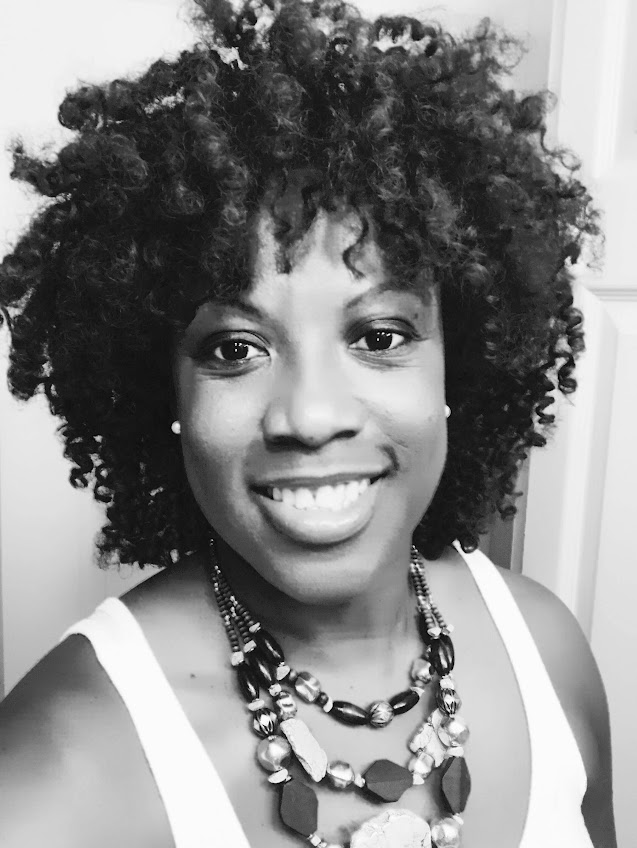We cannot talk about mental health without talking about systems.
To do so would be dishonest.
To do so would be incomplete.
To do so would be dangerous.
Mental health does not begin and end in the mind. It lives in the body. In our daily environments. In our institutions. In the policies that decide who gets to rest, who gets to eat, who gets to breathe easily—and who is expected to carry everything silently.
Too many conversations about wellness ignore this.
They tell us to practice self-care, while we work under systems that treat our bodies like machines.
They tell us to “just go to therapy,” in communities where there are no therapists who look like us, live like us, or can afford to see us.
They tell us to meditate, when what we really need is safety, housing, reparations, protection, and justice.
This is not an individual issue. This is a structural one.
Oppression Has Psychological Consequences
Racism, sexism, classism, ableism, homophobia, transphobia—these are not abstract issues. They are chronic stressors. They are traumatic. And they have measurable effects on mental health.
-
Discrimination is linked to anxiety, depression, and PTSD.
-
Poverty increases the likelihood of emotional distress, but also decreases access to quality care.
-
Marginalized communities often internalize shame because society teaches them their suffering is their fault.
And yet—when these realities show up in therapy rooms, they are often misdiagnosed, minimized, or misunderstood.
Someone navigating racial trauma is told they are “too sensitive.”
A Black woman exhausted from being “the strong one” is labeled angry or resistant.
A queer teen experiencing rejection and isolation is pathologized without addressing the violence of their environment.
A person working two jobs with no time to process grief is called non-compliant.
This is what happens when the system defines health without acknowledging itself.
The System is Not Broken. It Was Built This Way.
Mental health systems in the U.S. (and many other places) were not built with equity in mind. They were not built for the most vulnerable.
They were built to manage, not to liberate.
And while many professionals and providers are working hard to shift that—within institutions, schools, hospitals, and communities—the truth remains: we are still navigating systems that were never designed to help us thrive.
This is why it is not enough to “raise awareness” about mental health. We must also raise awareness about power. About access. About the ways systemic oppression lives inside our care models, our language, our practices.
You cannot treat what you refuse to name.
Healing is Political. Rest is Political. So is Joy.
To heal in a system that is constantly trying to wear you down is revolutionary.
To choose softness, slowness, community, and joy—despite a world that teaches you to hustle, shrink, or harden—is radical.
This is not about denying pain. This is about naming the source of the wound.
Healing is not just about what we do for ourselves. It is about what we challenge, what we dismantle, and what we demand better from.
It is about asking:
-
Who gets to be seen as fully human?
-
Who gets to break down and be held?
-
Who gets resources without begging?
-
Who gets care without translation?
Mental Health Advocacy Must Be Intersectional
If your wellness conversation does not include race, class, gender, or disability—it is not complete.
If your practice or advocacy does not center the most impacted, it will recreate harm.
If your healing only happens in isolation, it is survival—not liberation.
True wellness must be collective. It must be accessible. It must be justice-oriented.
Not perfect. Not easy. But rooted in equity, dignity, and truth.
Poem: “Built Into the Bones”
You tell me to breathe—
but the air is thick
with what they do not say.
You tell me to rest—
but the roof is cracking,
and I am the only one holding it up.
You call it a breakdown.
I call it being human
in a world that forgets
what that means.
This Space Will Hold What Others Do Not
This blog will not avoid discomfort.
It will not flatten truth for the sake of being palatable.
It will not pretend that oppression can be healed with affirmations.
What it will do is create space.
For the truth. For the weight. For the work. For the hope.
Because we cannot heal what we will not name.
And we cannot transform what we are too afraid to feel.
You are not imagining it.
You are not alone.
You are not the problem.
This system is.
Let us talk about it. And let us begin the work of unlearning, unbuilding, and unbecoming what it told us we had to be just to survive.



